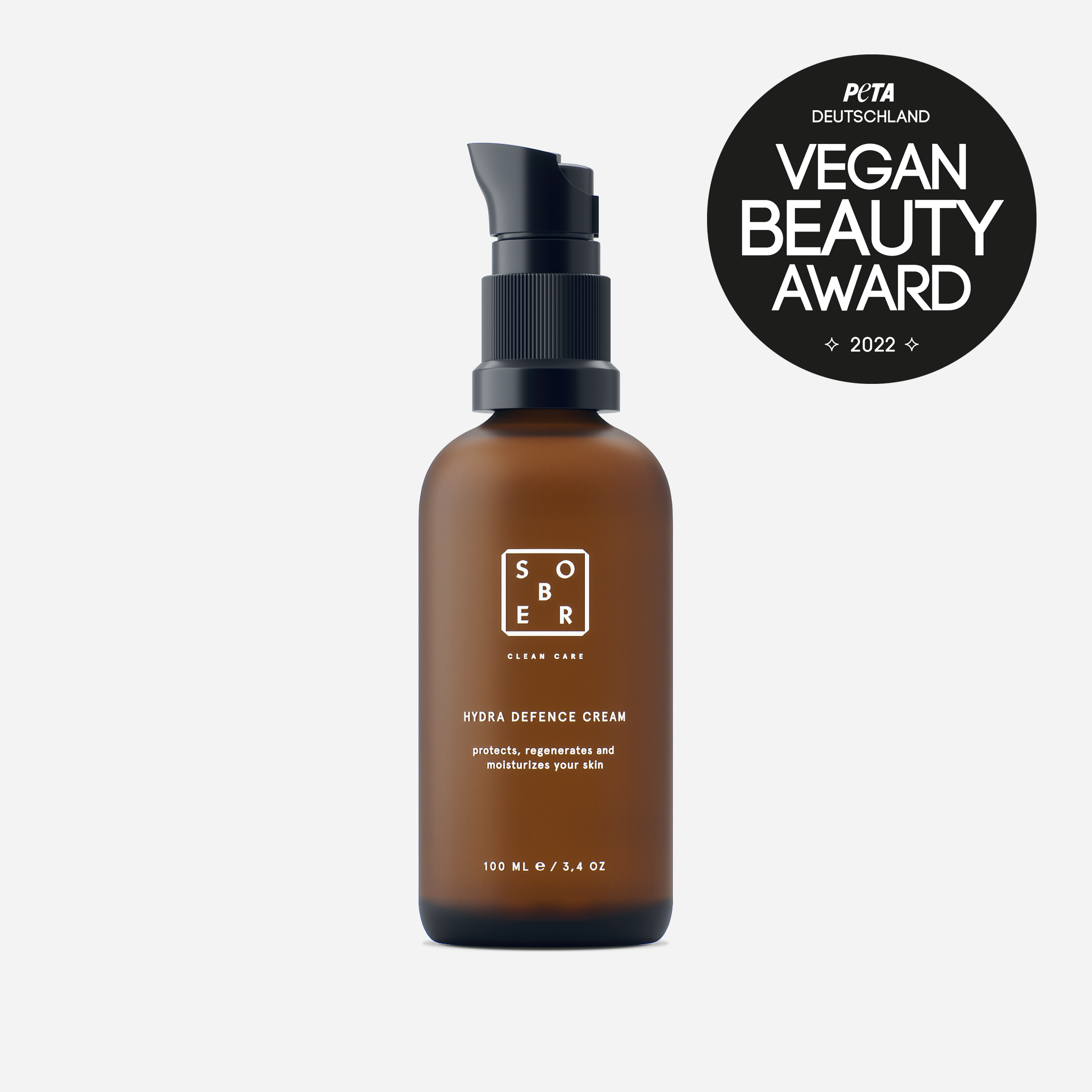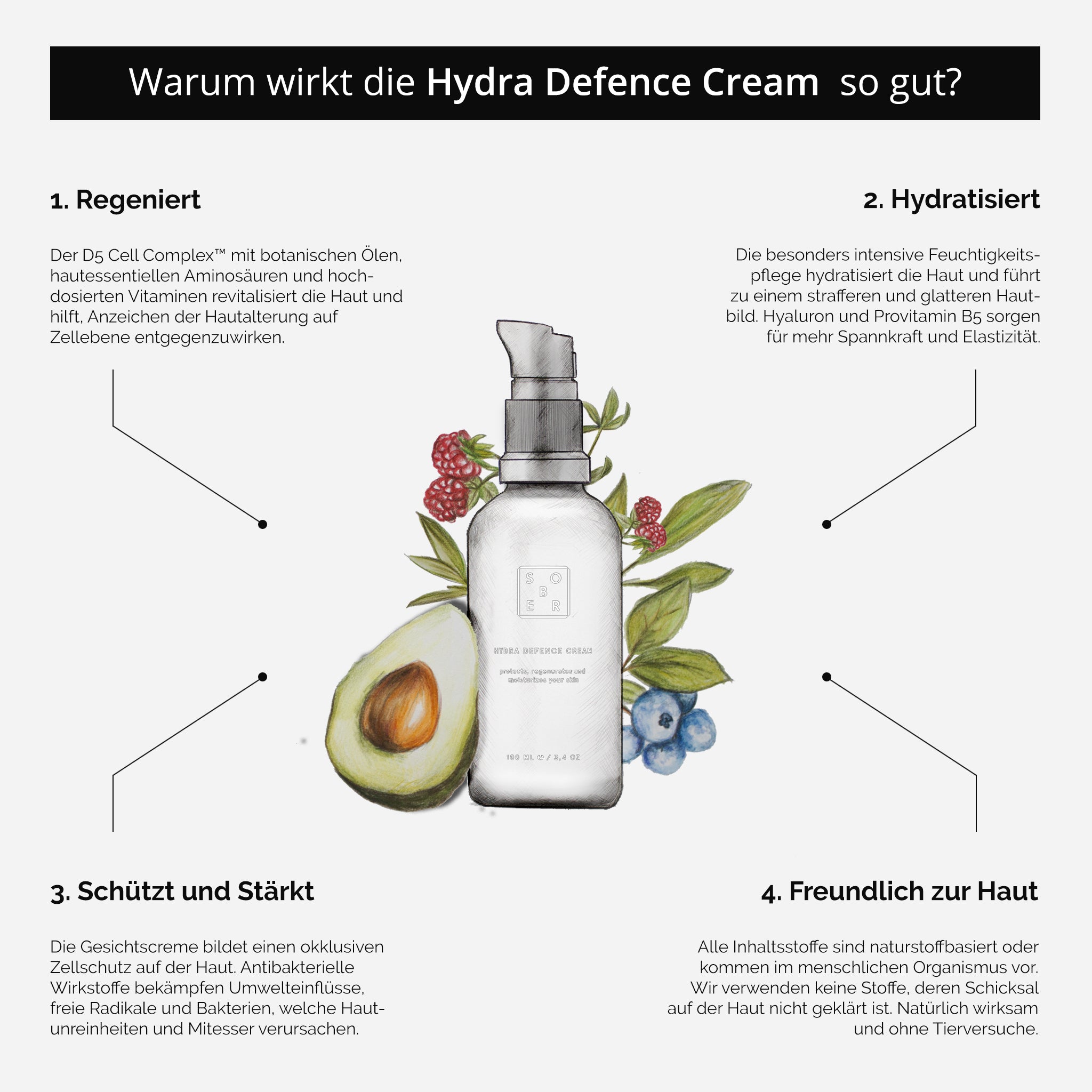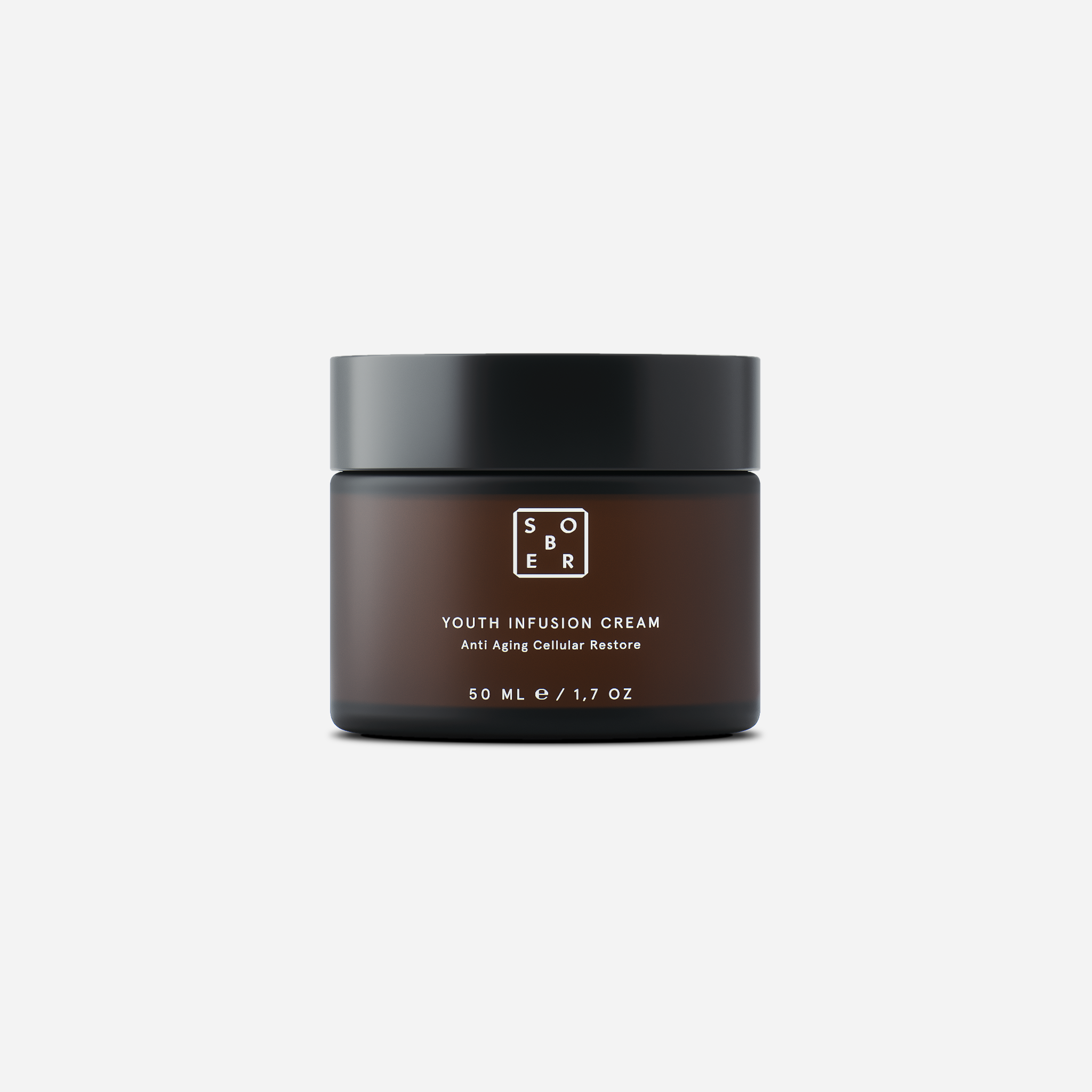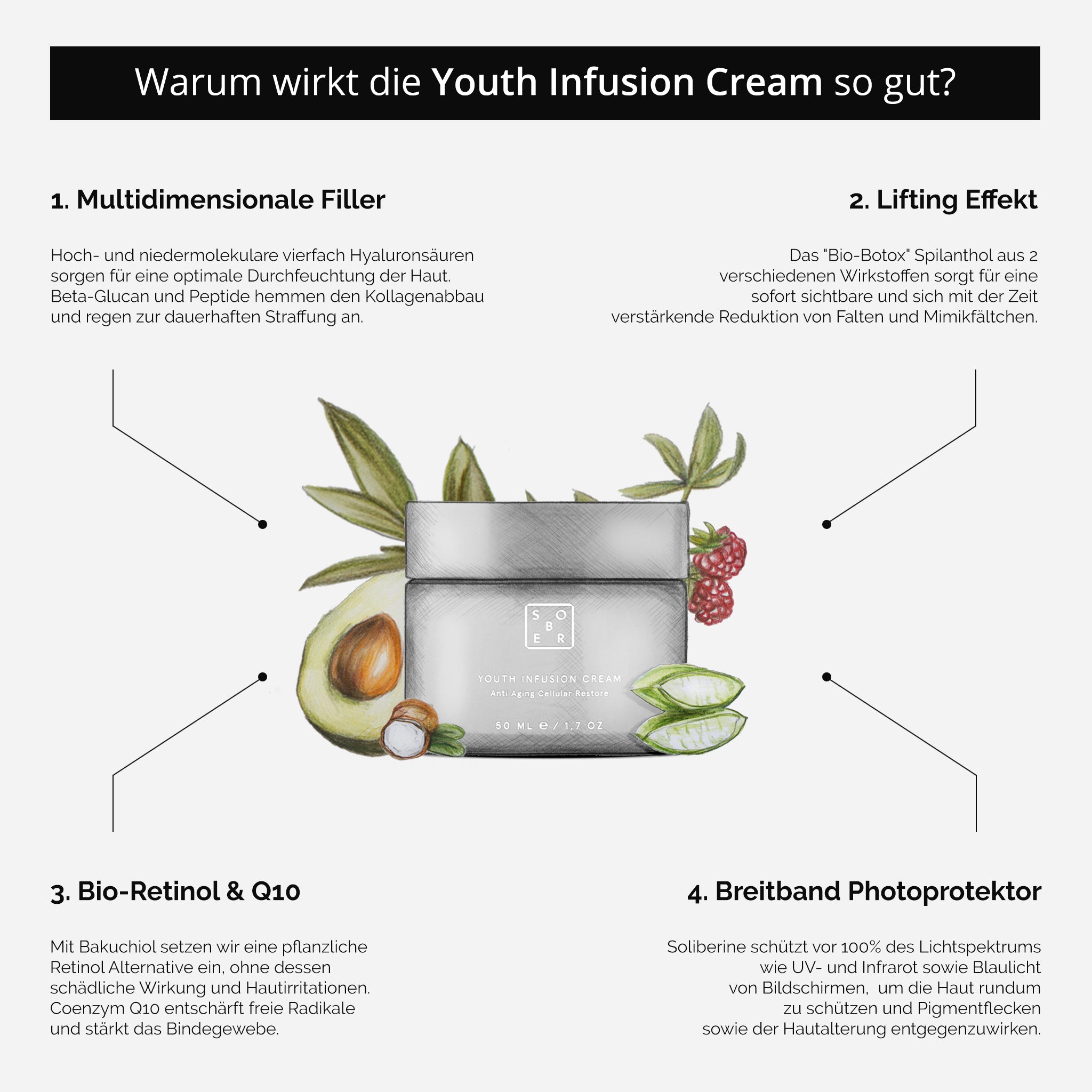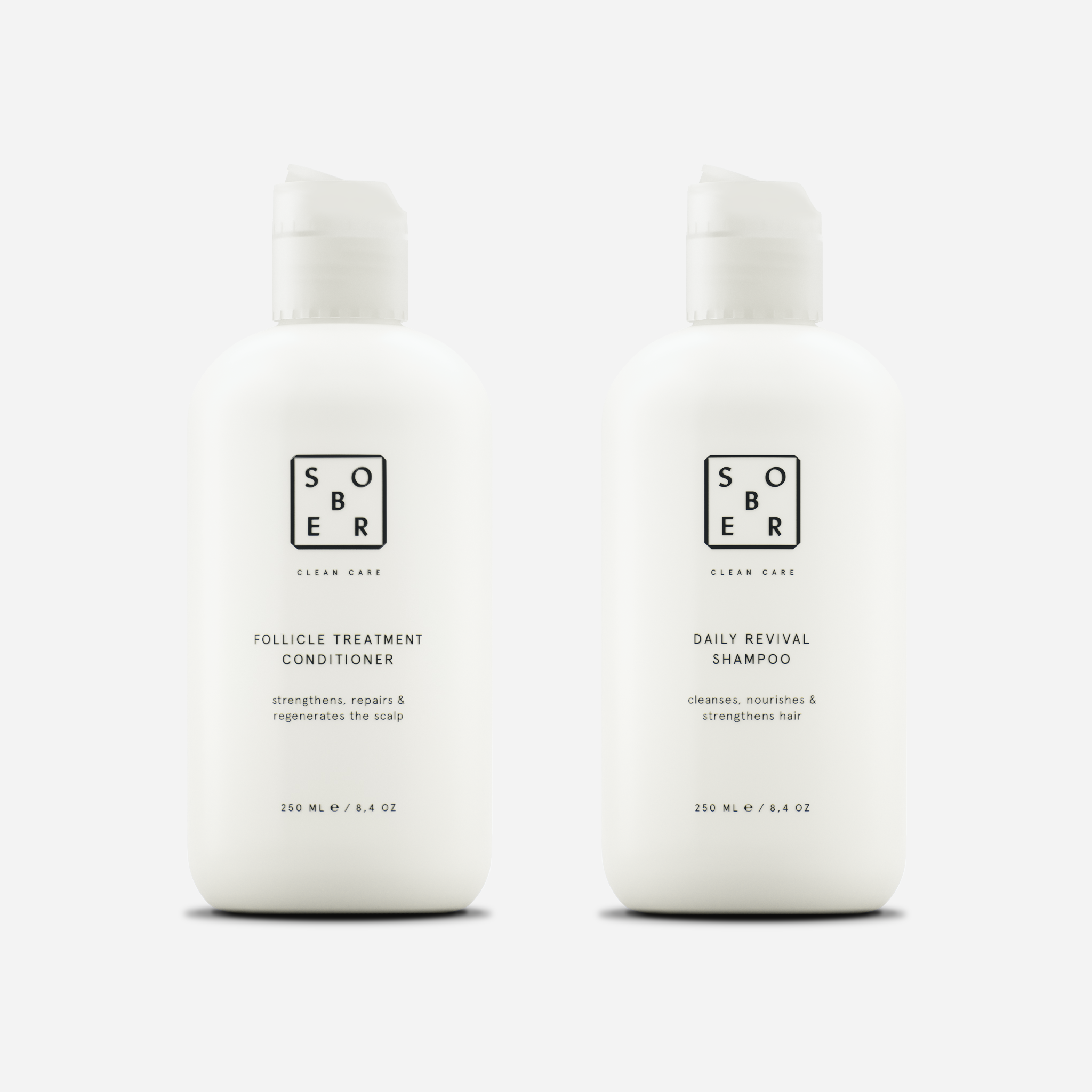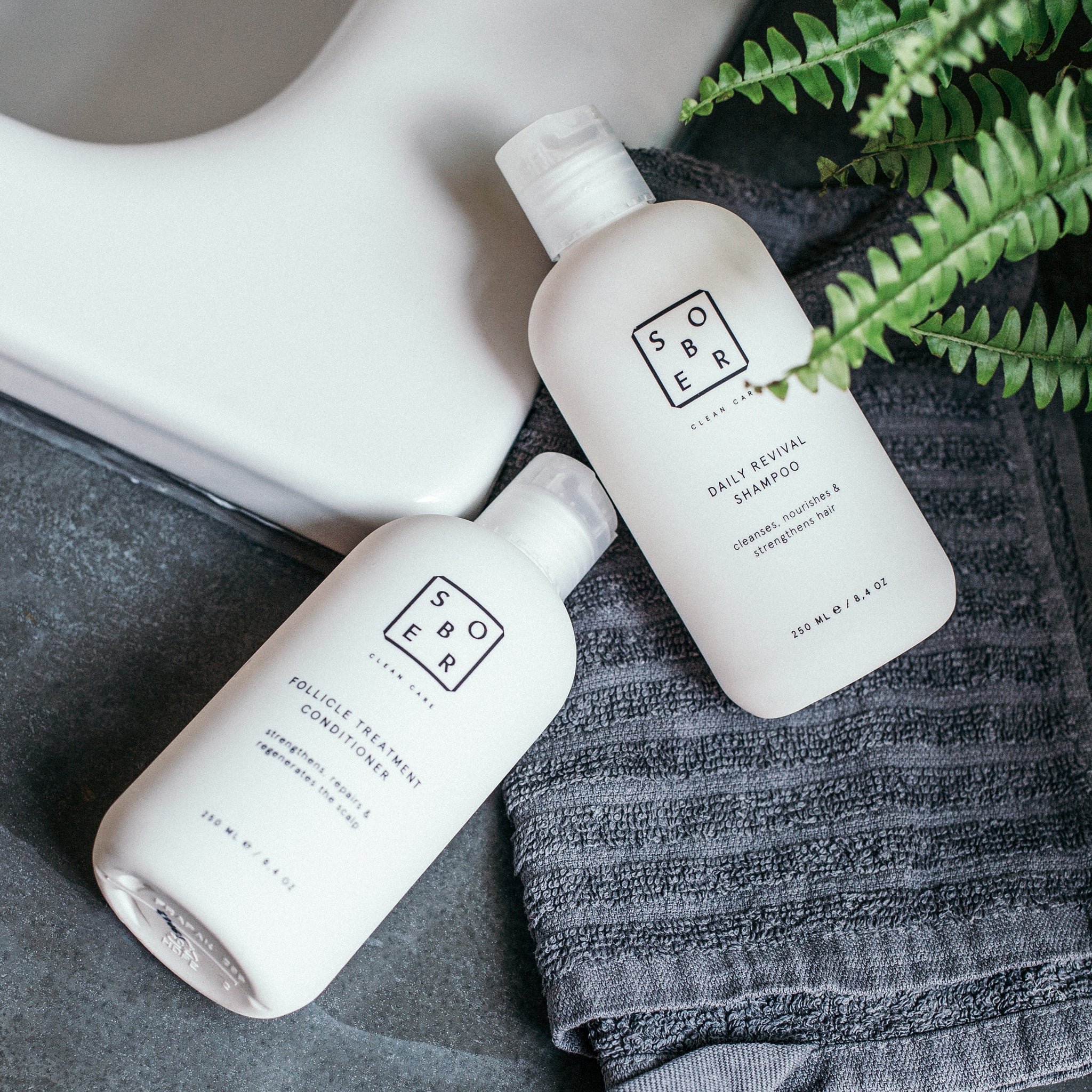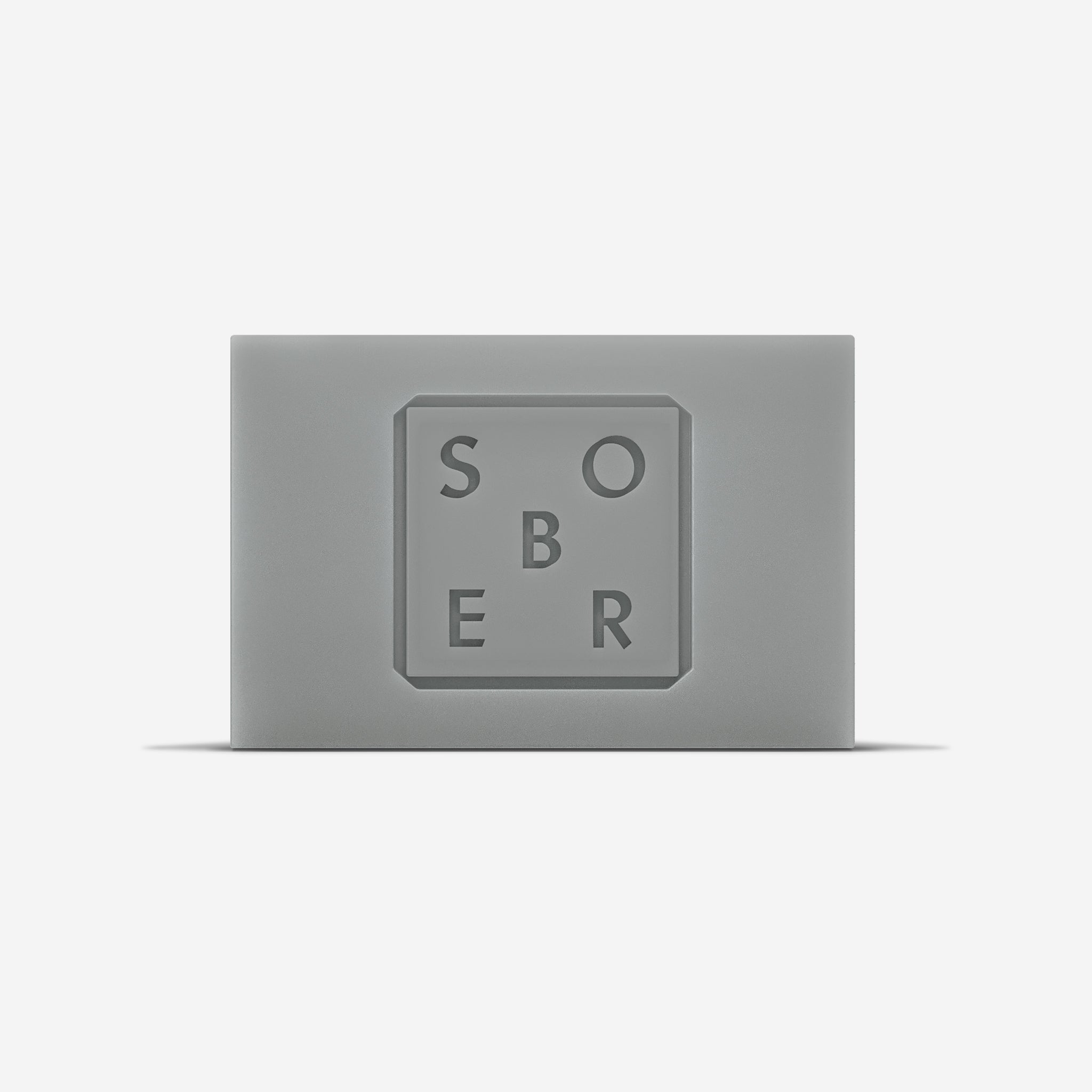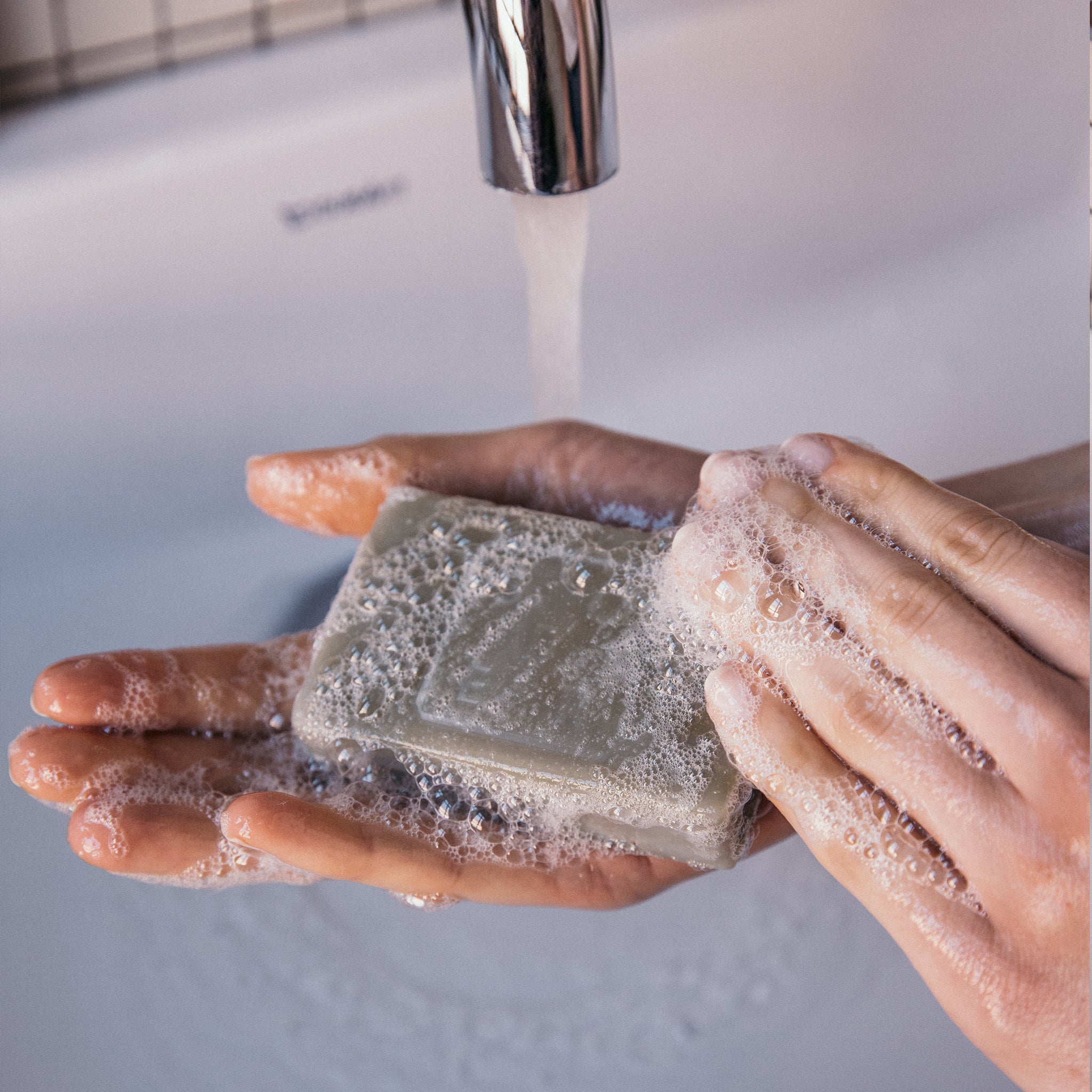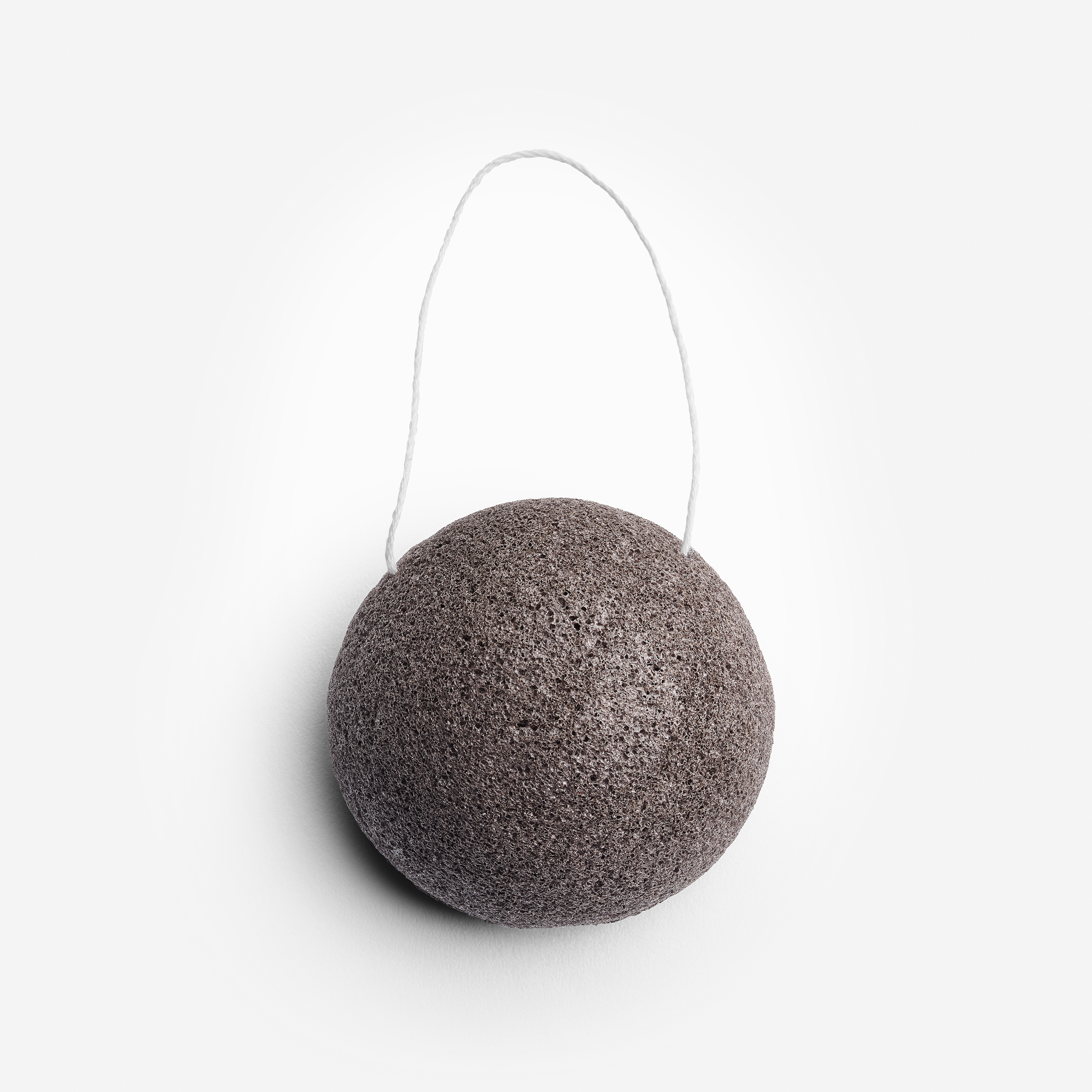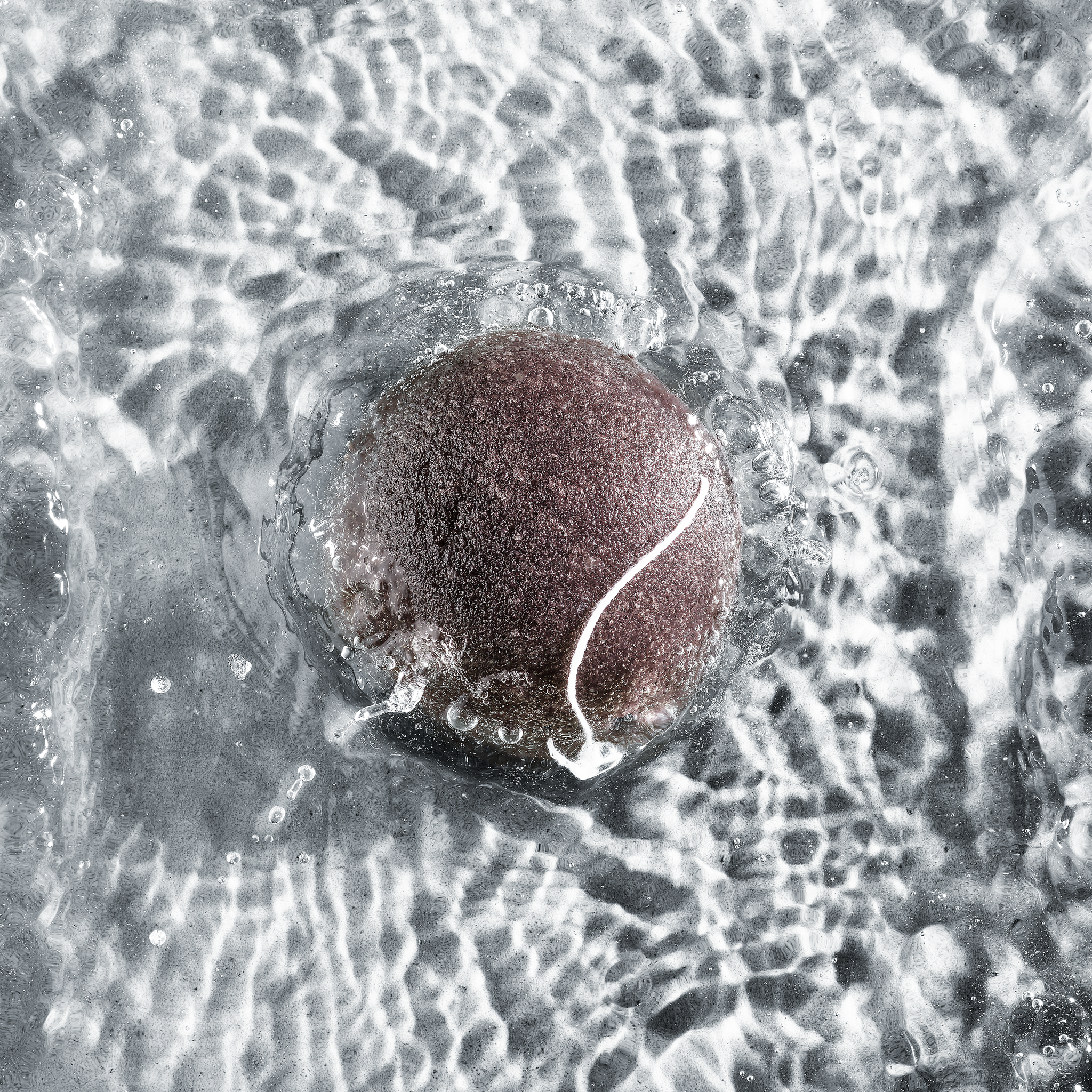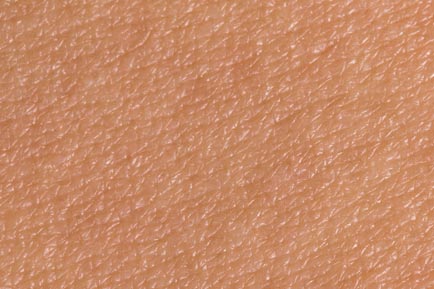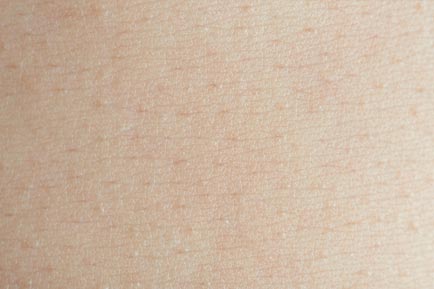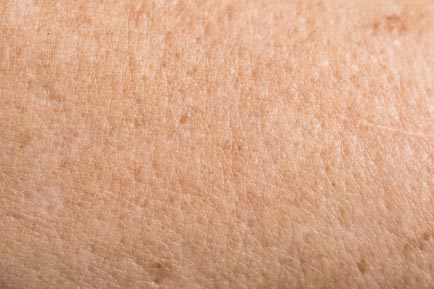Mein Freund hat von mir eine Probe bekommen von PICO.
Einmal angewendet war er Schock-verliebt in diesen Duft und erzählte allen von Freunden und Bekannten davon.
Das hat ein anderes Parfum noch nie geschafft bei ihm.
Blumig frisch und extravagant, super für jeden Anlass gefällt mir sehr gut 🤩🤩
Blumig dezent für den Alltag super angenehm ohne Kopfschmerzen.
I found this perfume at a small pop-up in Lisbon, and the clerk mentioned his close friend once lived in Detroit, my hometown, so of course I had to buy it as a little homage. Turns out it became my absolute favorite scent. I live in the U.S. and my husband’s from Germany, and since they don’t ship to the States, I have it sent to my in-laws’ house. Worth every bit of the effort. My forever fragrance.
Die Drops sind super zur normalen Creme zu verwenden. Ich habe sie mit der Hydra Defence Creme gemischt. Leider habe ich die Drops nicht vertragen und Pickel bekommen. Alle andren Sober Produkte nutze ich schon seit Jahren ohne Pickel.




